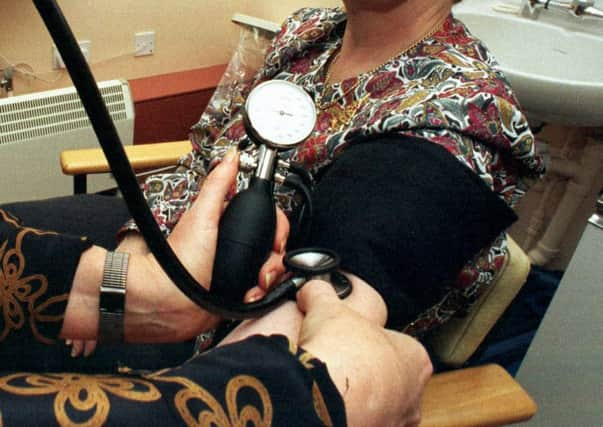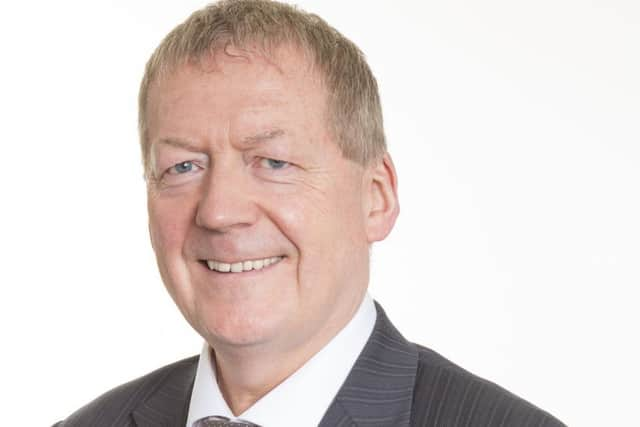Scots professor in hypertension treatment discovery


The discovery by Professor Tom MacDonald and his team comes as a result of the British Hypertension Society’s PATHWAY-1 study, with the team’s findings potentially helping to lessen the risk of strokes and heart attacks in those with high blood pressure.
The society’s Research Network study gave 304 patients with untreated high blood pressure hydrochlorothiazide and losartanto and only one of the medicines to a further 301 patients. Those who received two medicines had a much lower blood pressure over the first four months of the study which, in a nationwide context, would be expected to reduce the likelihood of cardiovascular incidents such as strokes or vascular death.
Advertisement
Hide AdAdvertisement
Hide AdProfessor MacDonald, staff member at the University of Dundee and the current president of the British Hypertension Society, said: “We wanted to know if good early control of blood pressure would carry over to better longer term control after everyone got two medicines. However, we found that this was not the case. Nevertheless, even when we averaged the better blood pressure on two medicines over the first eight months, it was very significantly better.


“An understandable concern was that two medicines might have unacceptably more side effects such as dizziness compared with single medicine therapy but we did not find this. As such, we are reassured that we can now recommend combined medicines for the initial treatment of patients with high blood pressure which will reduce blood pressure and result in fewer strokes, heart attacks and sudden deaths.”
This discovery even held true when the best single medicine at optimal dose was chosen using the best predictors of effectiveness. With the first four months of the study complete, both patient groups received two medicines for a further four months with no significant downsides recorded.
Professor MacDonald is part of the The British Hypertension Society’s Research Network of academic researchers, with Professor Bryan Williams from University College London. The team was led by Professor Morris Brown from the University of Cambridge, with all three men presenting their findings to the organisation’s scientific meeting in late September.
Professor Williams, said that “This study should change guidelines to recommend starting treatment with two medicines as standard therapy for high blood pressure for the vast majority of people.”
Their study also looked at whether measuring a hormone called renin would predict the blood pressure-lowering effect of treatment.
Professor Brown, who spearheaded the PATHWAY program, said, “Whilst the renin hormone level did predict who might best respond to single medicine treatment, even the best predicted response to a single medicine was not nearly as good as combination medicines and interestingly, renin did not predict the benefit of combination medicines.”